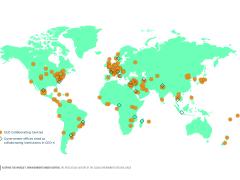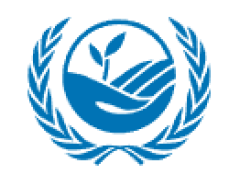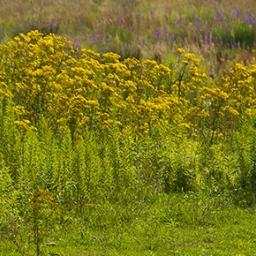EU nature policies become more effective if they link more closely to the wide variety of people’s values
Halting biodiversity loss is an important and persistent problem. The occurrence of many species in the EU is expected to further decline between now and 2050. Taking the variety of people’s perspectives on nature into account could increase their level of engagement and that of businesses, and make nature policies more effective. This would require a many-faceted future nature vision. This is the main conclusion of the report ‘European nature in the plural – Finding common ground for a next policy agenda’, published today by PBL Netherlands Environmental Assessment Agency, in cooperation with Wageningen University & Research.
Recognising multiple perspectives essential for a common agenda
Effective protection of nature areas requires the engagement of all stakeholders, including businesses and citizens, to increase public support and ensure adequate funding. However, these stakeholders are likely to have different perspectives on nature. Current EU policy places little emphasis on these differences, but instead relies on the judgement of experts and professionals. To find a new common agenda for the future, it is vital to understand and take into account the various perspectives on nature that each party will bring to the table. This may open up a whole new reservoir of possible solutions and coalitions of citizens, businesses and public authorities.
Various perspectives, various approaches
For this study, PBL researchers developed four main perspectives on nature. In each perspective, people are connected with nature in different ways, such as through their appreciation of the local landscape, of its intrinsic value, of the way it suits their individual life style, or because they regard it as an essential basis for a sustainable society. Based on such values, each perspective offers new approaches to the challenges facing nature in Europe, today. Challenges include finding a shared agenda for nature areas, making nature more relevant for the sustainability of economic sectors, and strengthening the connection between people and nature.
Many-faceted vision of nature
The study does not imply that the EU should choose one perspective over the other. Rather, the researchers recommend that a future nature vision is a many-faceted one, which not only contains protection of species, ecosystems and the services they provide, but also other objectives, ranging from ensuring areas of undisturbed nature and space for dynamic processes, to generating revenues and private initiatives. The researchers recommend that policymakers pay more attention to relational values, the fact that nature provides identity to people; addressing nature in such a way that it would foster a sense of place would be a promising step forward.
Policy efforts are already formulated for the short term, such as in the European Commission’s initiative: ‘An Action Plan for nature, people and the economy’. This new PBL study, conducted at the request of the Dutch Ministry of Economic Affairs, offers building blocks for a new strategy beyond 2020.




